Which of the following isomeric compounds is most reactive ?



all are equally reacive
The correct Answer is:A
Topper's Solved these Questions
- ALDEHYDES, KETONES AND CARBOXYLIC ACIDSBOOK - NIKITA PUBLICATIONCHAPTER - ALDEHYDES, KETONES AND CARBOXYLIC ACIDSEXERCISE - SECTION - II : CARBOXYLIC ACIDS
198 Videos
- ALCOHOLS , PHENOLS AND ETHERS BOOK - NIKITA PUBLICATIONCHAPTER - ALCOHOLS , PHENOLS AND ETHERS EXERCISE - MCQs
589 Videos
- BIOMOLECULES BOOK - NIKITA PUBLICATIONCHAPTER - BIOMOLECULES EXERCISE - MCQs
428 Videos
Similar Questions
Aldehydes and ketones ar specially susecptible to nucleophilic addition because carbonyl group
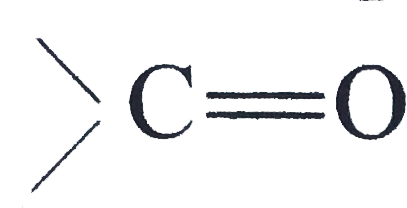 is polar (due to electronegativity difference between carbon and oxygen)
is polar (due to electronegativity difference between carbon and oxygen)
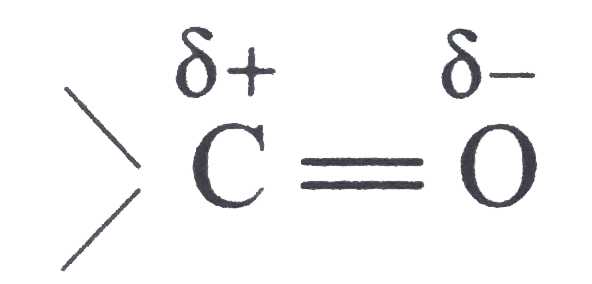
Positive charge on carbon makes it reactive towards the nucleophili. This addition is catalysed by acid.
Reactivity of carbonyl compound towards nucleophilic addition increases with increases in the electron deficiency at carbonyl carbon. Thus, (-I.E.)groups increase while (+I.E.) groups decrease the reactivity of carbonyl compound.
Which among the following isomeric compounds is most reactive?
View SolutionWhich of the following compounds is most reactive in electrophilic aromatic substitution?
View Solution
Knowledge Check
Which of the following compounds is most reactive towards nucleophilic addition reactions?
ACH3−O∣∣C−HBCH3−O∣∣C−CH3C D
D
Which of the following compounds is most reactive towards nucleophilic addition reactions?
ACH3−O∣∣C−HBCH3−O∣∣C−CH3C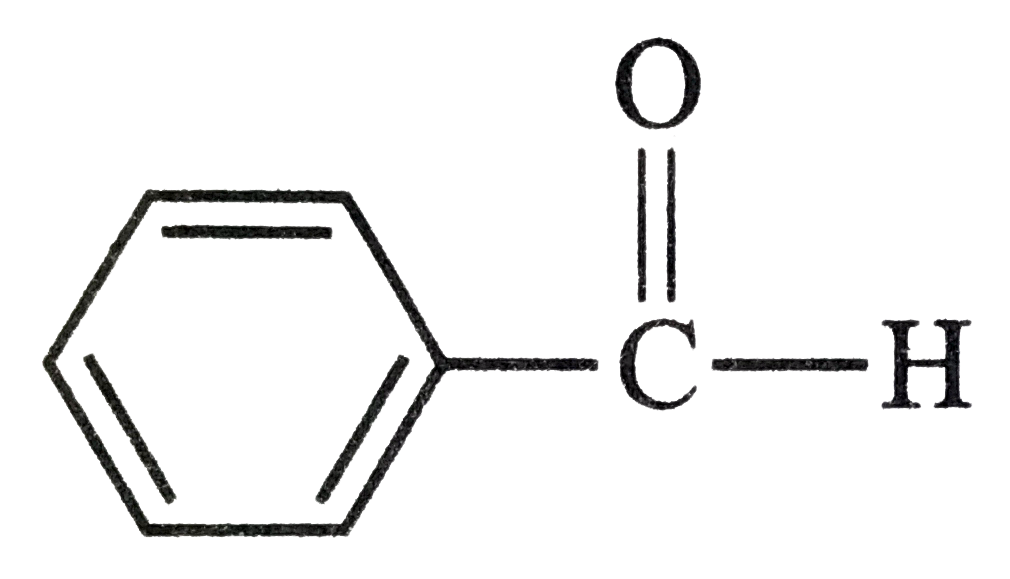 D
D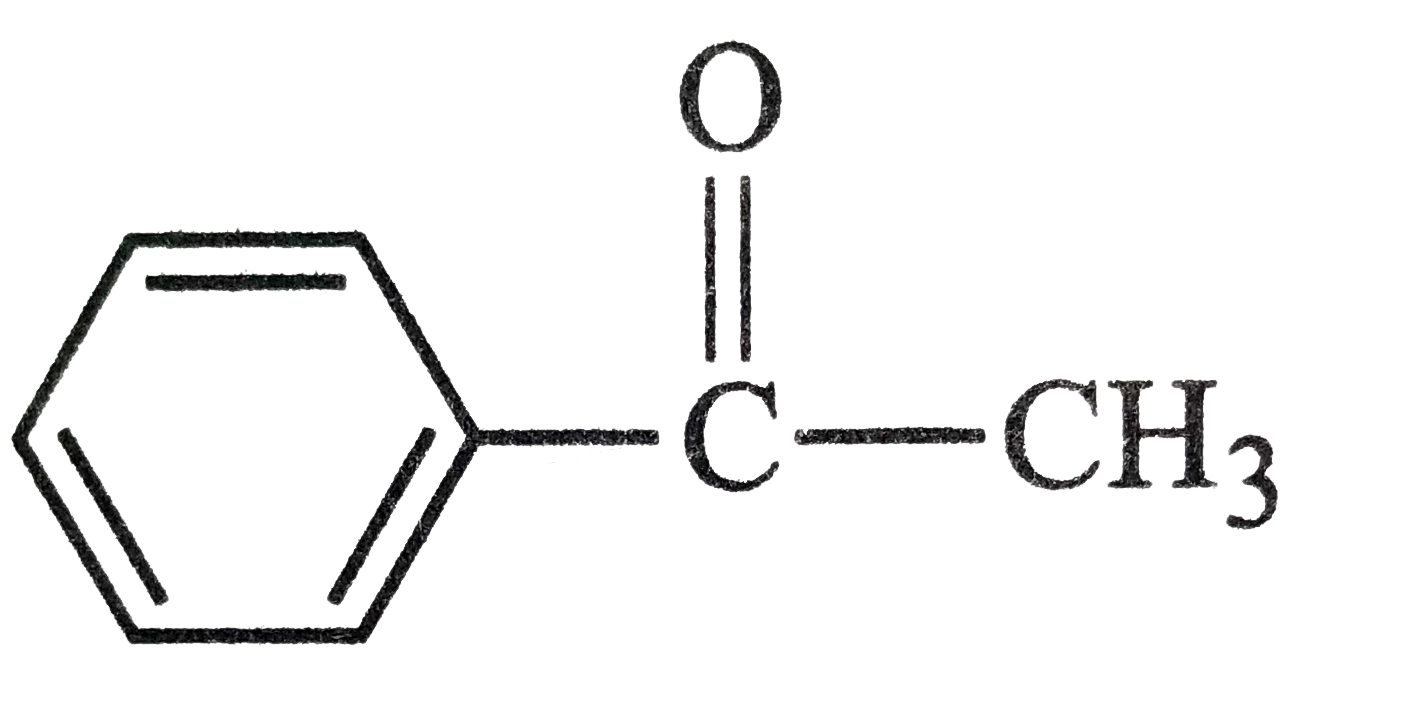
Which of the following compounds is most reactive towards nucleophilic addition reactions ?
ACH3−O∣∣C−HBCH3−O∣∣C−CH3C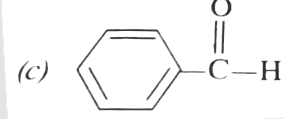 D
D
Which of the following compounds is most reactive in electrophilic aromatic substitution?
View SolutionWhich of the following compounds is most reactive to an aqueous solution of sodium carbonate ?
View SolutionWhich of the following compounds is most reactive towards nucleophilic addition reactions ?
View SolutionWhich of the following compounds is most reactive towards nucleophilic addition reactions ?
View SolutionWhich of the following compounds is most reactive towards nucleophilic addition reactions ?
View Solution
